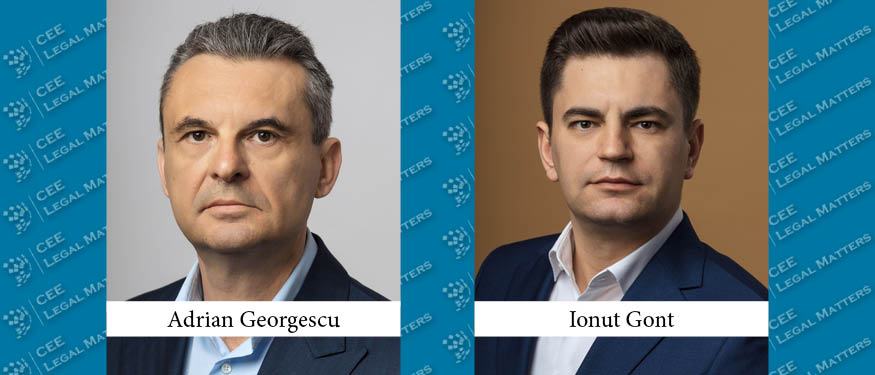Hungary’s economy and legal market have faced a tough year, shaped by political tensions, economic challenges, and global uncertainty, according to Pontes Budapest Partner Csaba Polgar, and from delayed investments to unpredictable regulations, the market has been navigating a challenging and uncertain landscape.
The market in Hungary “is undoubtedly experiencing a general slowdown, driven by a range of economic and political factors,” Polgar notes. “This turbulence is felt across industries, with Hungary’s macroeconomic situation reflecting these challenges. While Hungary has technically avoided a recession, the economy appears to be stumbling.” Key factors according to him, “include delays in the release of EU funds due to political issues and geopolitical tensions, such as the war in Ukraine and uncertainty surrounding the US elections. Many projects are currently on hold, awaiting clarity on these developments.”
Polgar adds that Hungary’s unique position in Europe adds another layer of complexity. “Hungary is the only EU country that has openly supported Trump, placing significant hope on the US elections as a potential turning point for FDI and broader economic prospects. The upcoming state budget submission is tied closely to this expectation, with many believing next year could bring a better economic outlook. However, whether these hopes are well-placed remains to be seen.”
As a result, Polgar says that for the legal market, the year has been challenging. “Law firms that do not traditionally engage in public sector work are experiencing less activity. Large firms with state-linked clients or a focus on M&A transactions saw better activity in the first half of the year, but this has since been dampened by state budget cuts,” he says, adding that “as a result, many firms are focusing on maintaining their know-how and client relationships, waiting for better times.”
Specific sectors are facing additional hurdles, according to Polgar. “Hungary’s FDI screening mechanism, introduced in 2022 during the pandemic, continues to create significant uncertainty for foreign investors,” he points out. “This unpredictability is particularly evident in sectors like renewables, where state pre-emption rights and lengthy approval processes discourage investment. Combined with high financing costs and challenging market conditions, only highly profitable projects are moving forward.”
Additionally, “private equity and venture capital activity have also seen certain declines in Hungary and across Europe, with 2024 figures lagging behind previous years,” Polgar notes. “A significant improvement is needed to restore pre-crisis levels of activity.”
One potentially positive development, according to Polgar, is “Hungary’s new proposed scheme for outbound investments, focusing on regional projects, particularly in the Balkans. Historically, Hungary has been a recipient of investments from CEE countries like the Czech Republic and Poland. This new government initiative, which involves capital injections and subsidized loans, aims to encourage Hungarian companies to expand abroad. However, only a small number of firms are currently capable of taking advantage of this program, and it remains to be seen whether it will deliver tangible results or merely reflect wishful thinking.”
Lastly, “the unpredictable nature of Hungary’s legislative process and broader rule-of-law concerns continue to weigh heavily on investor confidence,” Polgar points out. “The political risks associated with these issues add to the uncertainty, further complicating an already challenging environment.”
















